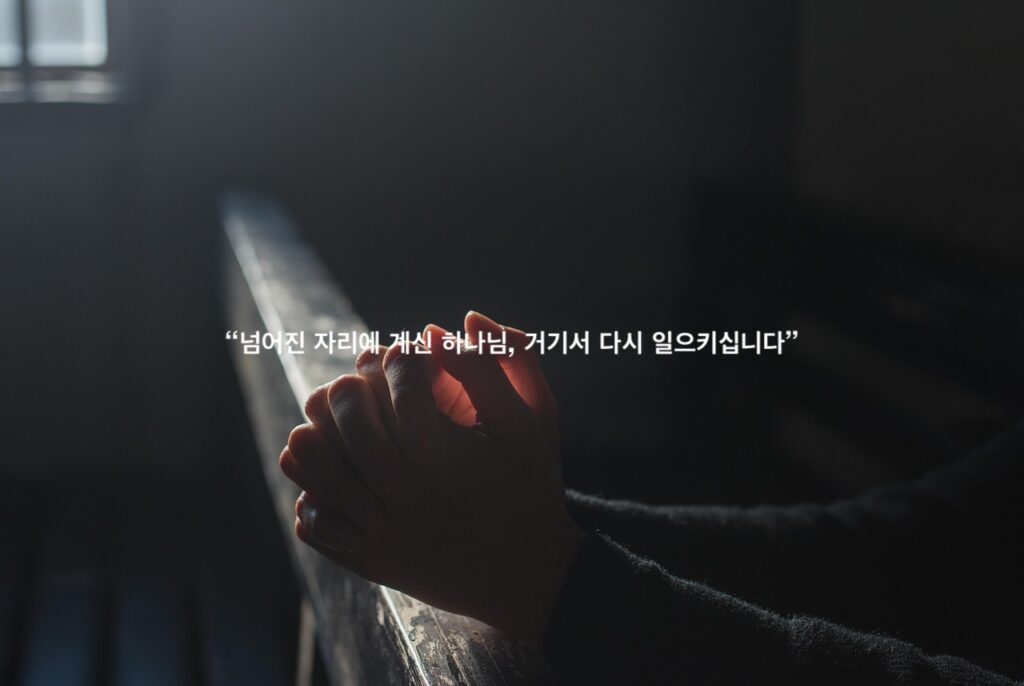The Lord Is My Light and My Salvation – Psalm 27:1
“The Lord is my light and my salvation—whom shall I fear? The Lord is the stronghold of my life—of whom shall I be afraid?” (Psalm 27:1)
Psalm 27:1 is one of the most powerful declarations of assurance and comfort for those living in an age of fear. It shows us the boldness that arises from a deep relationship with God. This verse is not merely a statement of belief—it is a faith structure that holds us steady in times of crisis. David, who wrote these words, had endured war, betrayal, pursuit, and threats to his life. This single verse condenses his faith, experiences, and spiritual perspective.
He begins by saying, “The Lord is my light and my salvation.” In Scripture, “light” often symbolizes God. Light dispels darkness, provides direction, and sustains life. David does not say the Lord simply gives light—he says, “The Lord is my light.” The possessive “my” points to a personal and experiential faith, not just an objective truth. David had not just heard of the light—he had walked in it and found hope even in darkness.
That light leads to salvation. The word “salvation” here is not limited to eternal life, but also includes rescue, protection, and restoration in real-life situations. David had survived countless battlefields, fled from Saul’s spear, and escaped his rebellious son’s army. Yet he still proclaims, “The Lord is my salvation.” This is not religious rhetoric—it is the conviction of someone who has walked through the valley of death and come out alive by God’s hand.
David then asks, “Whom shall I fear?” This rhetorical question is not spoken from comfort but from real danger. Surrounded by enemies, betrayed from within, and threatened from all sides, David chooses to see God rather than fear. The reason is clear: “The Lord is the stronghold of my life.” He knows his life does not depend on strength, power, or strategy—but on God alone. He confesses that his life is in God’s hands.
The Hebrew word for “stronghold” is maoz, which means refuge, fortress, or strength. David believed that his life was safe in God. This is the secret to overcoming fear in the believer’s life. Fear does not come from circumstances—it comes from a lack of awareness of who God is. But the more clearly we see God, the more peace we can have—even in the face of danger.
Today, we live with many fears—illness, financial instability, uncertain futures, broken relationships, failure, and spiritual confusion. But this verse declares: “The Lord is my light and my salvation—whom shall I fear?” David was not fearless because life was easy. He knew fear intimately. Yet through every danger, he experienced God’s character and presence, and that experience became his faith.
This verse also points us to the direction faith must take. When crisis hits, we instinctively look for solutions—money, people, systems, or technology. But David shows us that overcoming fear begins with looking to God. God is light, salvation, and strength. Holding on to this truth gives us a boldness the world cannot give. This is what distinguishes believers from the world. While the world needs situations to change before it finds peace, the believer finds peace simply by looking to God.
This verse holds special meaning for young people. Youth is a time of great fear and anxiety—an uncertain future, the gap between expectation and reality, confusion about calling, relational complexity, and spiritual dryness. But this verse speaks directly to the young: “There is One greater than your fears, and He is with you.” God is light, so even in your darkest days, He will illuminate your path. God is salvation, so even in failure, He allows you to begin again. God is your strength, so even when you collapse, He will lift you up. When this confession rests on the lips of a young person, faith becomes power.
This truth also applies to the church. When the church is shaken or criticized by society, believers can feel discouraged. But this confession must remain at the heart of the church: “The Lord is our light, our salvation, and our strength.” The church is not built on structures but on confession. A church that confesses this will not be shaken. When the gaze of the church turns from God, it loses its power. But when we declare and hold to this verse, the church comes alive again.
If you find yourself afraid today, read this verse aloud. Not just as a memory verse, but as a heartfelt confession: “The Lord is my light and my salvation—whom shall I fear?” Fear may not vanish immediately, but the God who is greater than your fear will give you the courage to endure. That assurance will change everything.
Maeil Scripture Journal | One Verse a Day

